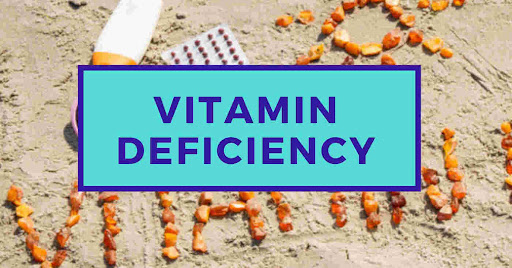As originally conceived by nature, a person should receive vitamins and microelements with food. But for a number of reasons this may not happen. Therefore, it is necessary to regularly check the level of vitamins and minerals in the body.

What causes vitamin deficiency in the body?
The causes of vitamin deficiency can be different. Here are just a few of them:
- undiversified diet;
- improper preparation of products;
- problems in the activity of the gastrointestinal tract;
- nervous tension and frequent stressful situations; pregnancy or breastfeeding;
- active training and lifestyle etc.
From conversations with my patients, I realized that they do not pay due attention to the level of vitamins and trace elements in the body, often neglecting this aspect.
However, it is very important to know that vitamin deficiency can cause serious health problems.
Vitamins are needed by the body in very small quantities, but with their deficiency, hypovitaminosis quickly develops. And if nothing is done about it, then this condition can quickly develop into avitaminosis – a complete lack of vitamins in the body – which has an extremely negative effect on health.
What exactly can happen with a vitamin deficiency?
Without vitamins, biochemical reactions in our body cannot proceed normally and correctly. Thus, the immunity and resistance of the body to diseases, as well as the growth and regeneration of tissues, are greatly affected.
For example, low levels of vitamin D in the body can lead to heart disease, stroke, hypertension, autoimmune disease, diabetes, depression, and many other common diseases.
A lack of vitamin D can be accompanied by convulsions, impaired psychomotor reactions, a tendency to bone fractures.
Vitamin C deficiency will manifest itself as general weakness, fatigue, frequent colds, bleeding gums and long healing of wounds and cuts.
With vitamin C deficiency, the formation of intercellular substance in connective tissues, bones and dentin is disrupted, which leads to a decrease in the strength of capillaries and the occurrence of defects in bones and related structures.
Vitamin E deficiency rarely develops unless it is caused by a health problem. In practice, if you eat three meals a day, have a balanced diet, the likelihood of developing a vitamin E deficiency is very small.
However, it is good to know that a severe, long-term vitamin E deficiency can lead to anemia, heart disease, severe neurological problems, blindness, dementia, impaired reflexes, and an inability to fully control body movements.
Vitamin A deficiency can cause nyctalopia or “night blindness” – reduced visual acuity in low light. Over time, this can lead to cataracts and total blindness.
Also, a lack of vitamin A is accompanied by dry skin, brittle hair, the appearance of transverse stripes on the nails, gastritis, and diarrhea.
If the body lacks B vitamins, it will also tell you about it with symptoms such as: loss of appetite; muscle weakness; depression, nervousness, apathy; rapid fatigue and weakness; memory impairment. In more severe cases, B vitamin deficiency can be accompanied by numbness and burning sensation in the hands and feet, pale skin, and excessive hair loss.
How to prevent vitamin deficiency?
In order to prevent a deficiency of vitamins and trace elements in the body, you need to eat right and varied, relax and avoid stressful situations, as well as regularly take tests and correct deficiencies by taking medications that your doctor will select for you.
